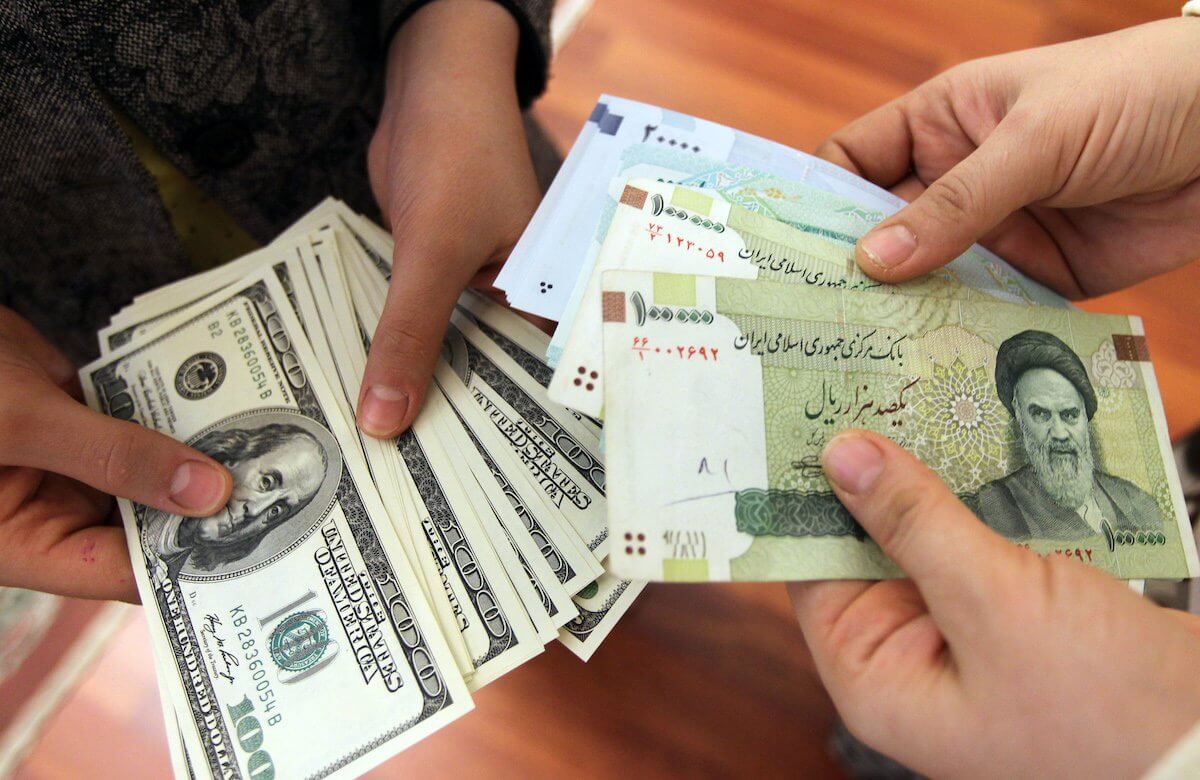The Trump administration slapped fresh sanctions on almost the entire financial sector of Iran on Thursday, saying that the measures not only reflected the US’ “commitment to stop illicit access to US dollars” but also that the sanctions regime would continue until Iran abandoned its nuclear ambitions.
The US Department of the Treasury announced that it had “identified the financial sector of Iran’s economy as an additional avenue that funds the Iranian government’s malign activities”, and that it was blacklisting 18 banks. Of these, 16 were targeted for their role in the country’s financial sector, one bank controlled by a sanctioned Iranian bank, and another for its links with the Iranian military.
The banks listed include the Amin Investment Bank, Bank Keshavarzi Iran, Bank Maskan, Bank Refah Kargaran, Bank-e Shahr, Eghtesad Novin Bank, Gharzolhasaneh Resalat Bank, Hekmat Iranian Bank, Iran Zamin Bank, Karafarin Bank, Khavarmianeh Bank, Mehr Iran Credit Union Bank, Pasargad Bank, Saman Bank, Sarmayeh Bank, Tosee Taavon Bank, Tourism Bank, and Islamic Regional Cooperation Bank. Any foreign companies in business with these entities now have 45 days to cease any ongoing operations.
The move deals another major blow to an economy already reeling under crippling US sanctions, and Iranian Foreign Minister Mohammed Javad Zarif condemned the US for engaging in crimes against humanity, by “blowing up” the country’s channels to pay for food and medicines and conspiring to starve a population. Iran is one of the hardest-hit countries by the COVID-19 pandemic in the Middle East, and the US’ “maximum pressure” campaign has not only plunged the country into the deep recesses of a crumbling currency, spiraling prices, and increasing unemployment but also made it difficult for Iran to import humanitarian goods.
European nations have sounded the alarm on blanket restrictive measures in this regard, arguing that freezing Iran’s foreign assets would “further exacerbate the shortage of foreign currency to pay for humanitarian imports”. However, Treasury Secretary Steve Mnuchin emphasized that Thursday’s decision would not hinder the Islamic Republic’s ability to access humanitarian aid and assistance and that there would be carve-outs for legitimate life-saving items.
The Trump administration has ramped up its campaign against Iran in the lead-up to the November 3 US presidential election. Last month, it announced the restoration of all international sanctions against Iran that had been previously eased or lifted under the 2015 nuclear deal, despite no longer being a member of the agreement. However, the move received little support from the UN Security Council.
US Imposes Crushing Sanctions on Iran’s Entire Financial Sector
The Department of the Treasury said that the sanctions regime would continue until Iran abandoned its nuclear ambitions.
October 10, 2020

SOURCE: MIDDLE EAST MONITOR/GETTY IMAGES
